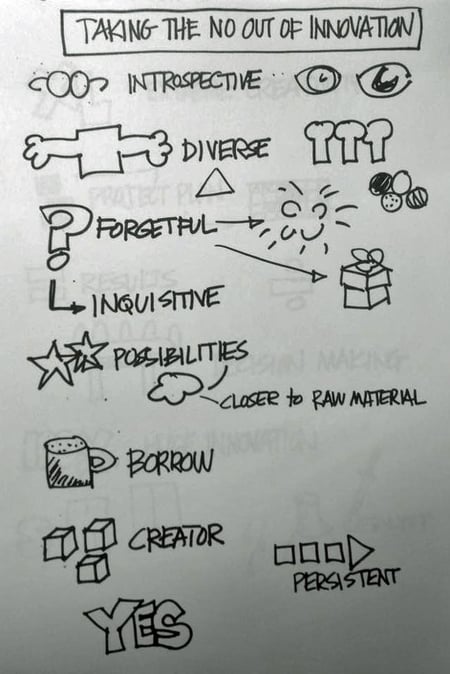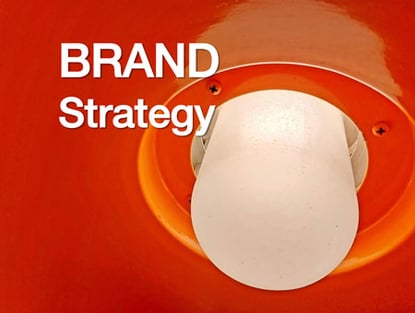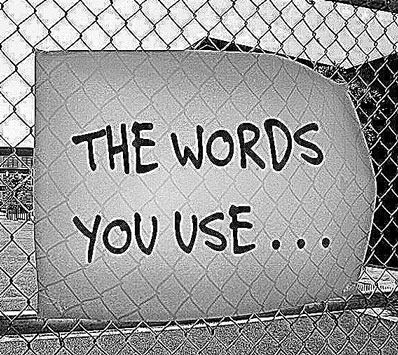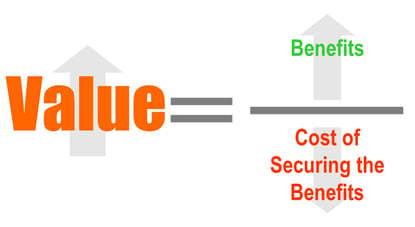Beyond depicting your product every which way (or depicting the equipment and people who create your service every which way), what images do you include in your brand's visual vocabulary?
As you consider that answer, ask yourself this: Are you effectively using the best images to reinforce your brand in strategic, consistent ways?
Let’s talk about your brand’s visual vocabulary. I've spent a heck of a lot of time considering on design as we solidify the Brainzooming brand's visual vocabulary through creating more eBooks on strategy and innovation (with our initial offer on branding on the way).
11 Hacks for Creating Your Brand's Visual Vocabulary
Here are the hacks that have worked for us.
Start by unpacking your brand for inspiration. Look at all the pieces of your brand foundation (big strategy statements, brand promise) to discover the most significant words and phrases you use to describe your brand. You can do this by:
- Combing through brand foundation materials and existing creative briefs. This will help you avoid spending time trying to recreate visual vocabulary clues that already exist.
- Running a Wordle on web pages or other content where your brand talks about itself. This is one way to check for important descriptors.
- Putting customer comments and open-ended descriptions about your brand through a Wordle to see what emerges on top from the marketplace’s view.
- Reviewing your current brand visuals to identify themes or types of images that stand out based on repetition or impact.
- Cataloging brand visuals from direct competitors and other brands that do comparable things to what your brand does. Examine what are doing to uncover opportunities to differentiate your brand visually.
Explore ideas to associate visuals with your important brand words and phrases. Start by:
- Plugging brand words and themes into Google Images. This will help you uncover images the world associates with your brand words.
- Searching brand words and phrases in professional photo sites to see what stock photos images exist. Careful on this: you will see lots of visual clichés you don't want to associate with your brand.
- Extending your search to visually oriented and image-based social sites (Instagram, Pinterest, Flickr). Look for how a broad range of people capture and categorize images linked to your brand’s attributes.
Document what you learn through:
- Writing ideas describing the images you found. This is the approach I employed. Some of the related words were literal; others were more abstract.
- Creating Pinterest mood boards. This is a smart alternative suggested by a design blog.: http://designyourownblog.com/visual-vocabulary-brand-identity/They recommend pinning images you find on separate Pinterest mood boards to identify themes, then consolidating them into one overall brand mood board.
- Finding what works for you to capture and share your results with others. I used words because my next step was taking photos to build our brand image library. Working with words makes it easier for me to avoid duplicating what others are doing. Looking at visuals as my starting points would make it too easy to potentially co-opt other people's' visualizations accidentally.
This is a simple approach for building your brand vocabulary, but I know it worked for us.
If you haven't invested much time thinking about your brand and its visual vocabulary, starting simple can move you ahead dramatically! – Mike Brown





